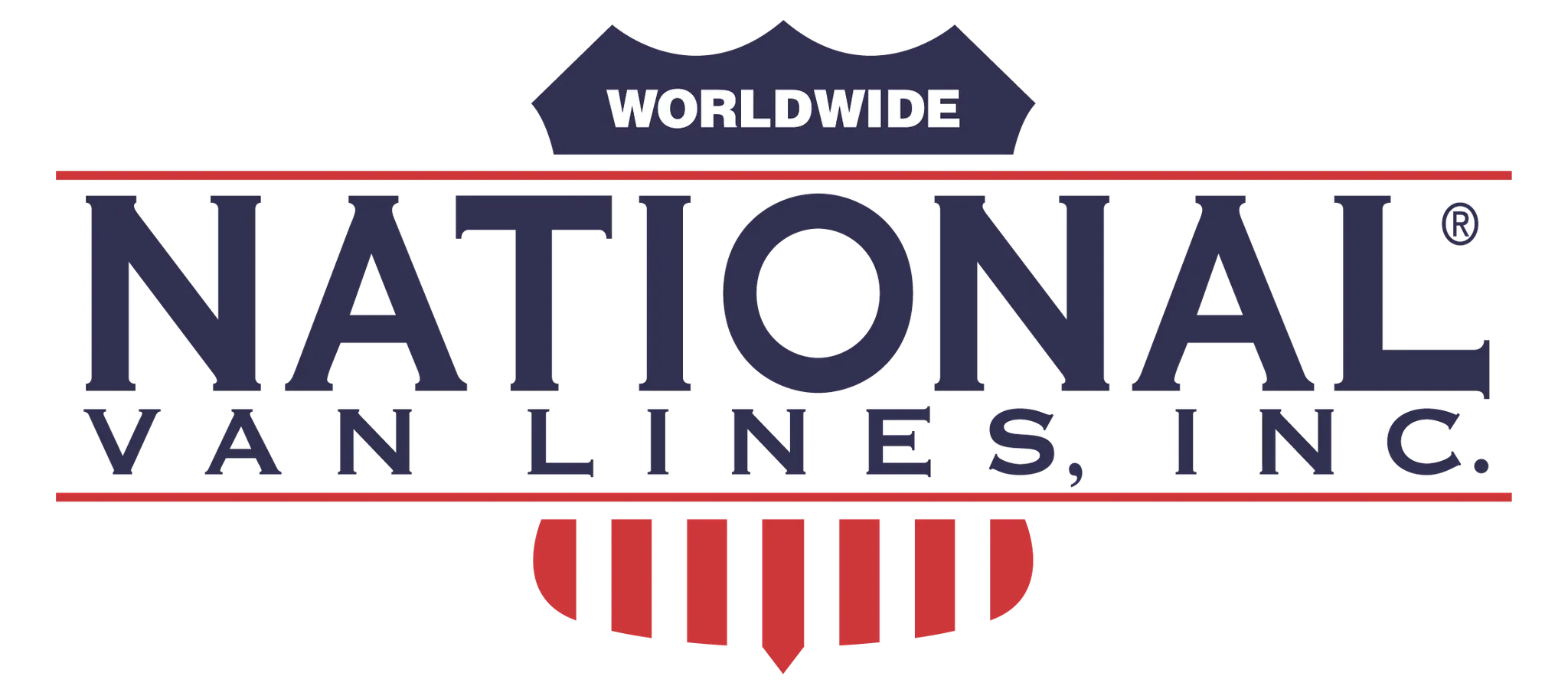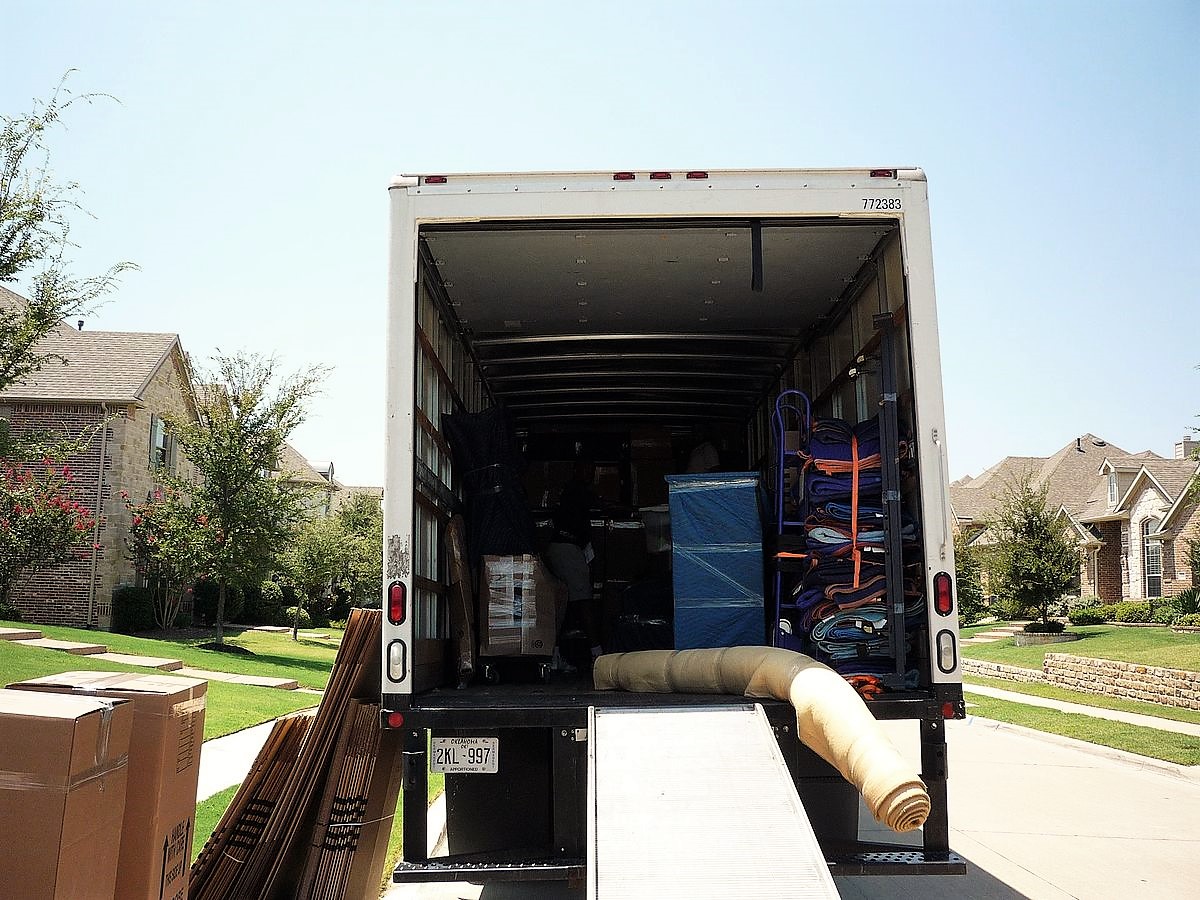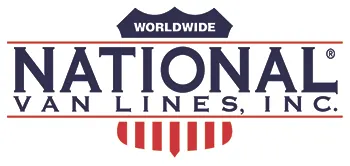8 Tips for Moving Out of Washington State
Moving out of state can be as stressful as it is exciting. While you’re saying goodbye to the places you love in Washington, you’re opening the door to a whole new adventure. The tough part is getting there. With so many decisions to make and things to do, you can always use extra help. Here are 8 tips for moving out of Washington.

1. Create a Relocation Budget
Moving across state lines requires careful financial planning beyond the cost of hiring movers. Create a budget that considers the following:
- The cost of living difference between Washington and your destination state. Factor in state income tax. Since Washington state doesn’t have a state income tax, it’s easy to forget that other states do.
- Everyday expenses, such as groceries and utilities. These vary widely from state to state, so do some research to determine what your monthly bills will look like.
- Account for immediate moving expenses such as professional movers, travel costs, temporary lodging, utility deposits, and the security deposit for your new home.
- Don’t overlook administrative costs, such as updating your driver’s license and vehicle registration in your new state, as well as forwarding mail services.
- Factor in storage fees if needed. Many moving companies offer storage services at an extra cost. Spending a little extra for storage might be necessary if there’s a gap between your move-out and move-in dates.
- Make a Budget Buffer. Build in a buffer of at least 20% above your estimated costs to handle unexpected expenses that inevitably arise during long-distance relocations.
2. Prepare and Protect Documentation
Before leaving Washington state, gather and organize all your personal and important documents in one secure, portable container that stays with you during the move. These include items like the following:
- Birth certificates
- Social Security cards
- Passports
- Marriage certificates
- Divorce decrees
- Military discharge papers
- Bank statements
- Tax Returns
- Medical record, including vaccination records
Some of these documents will be required to establish residency, register to vote and transfer services to your new address in your new state.
3. Pack a Box for Essential Items
When moving out of Washington state, designate one clearly labeled box as your “essential items” container that travels with you rather than with the moving truck. This survival kit should include items you’ll need immediately upon arrival at your new home, before you have time to unpack everything else. Here are a few things you’ll definitely want to include:
- Enough clothing for several days
- Basic toiletries
- Necessary electronics and chargers
- A few dishes and utensils
- Small toolkit for any immediate repairs or furniture assembly.
While an “Essentials” Box is a good idea for anyone moving, it’s especially useful when moving out of state. There’s a greater likelihood of a gap between your move-out and move-in dates. Also, out-of-state moves are just more stressful. You don’t want to be rifling through boxes to find the things you need. Designating these items to a single box allows you to settle in at your own pace.
4. Manage Legal & Administrative Tasks
Relocating across state lines? Handling the paperwork early will streamline the transition. Moving out of Washington State triggers changes in your legal and residential status, which require prompt attention to avoid bureaucratic snags later.
File a Change of Address with All Relevant Agencies
- USPS: Start by submitting a change of address form through the official USPS site. This ensures your mail follows you to your new address for at least 12 months.
- IRS: Use Form 8822 to notify the Internal Revenue Service to have your tax documents delivered to the correct destination and link your new state with your federal records.
- Washington DMV: Inform the Washington State Department of Licensing of your move by updating your vehicle’s departure from the state. Completing this will formerly close out your residency here.
Switch Your Driver’s License and Vehicle Registration
Once settled in your new state, head to the local DMV to exchange your Washington license for a new one. Most states require that this be completed within 30 to 90 days of completing your move.. Vehicle registration should follow shortly after, as driving with Washington plates and an out-of-state license can raise flags with law enforcement.
Some states require emissions testing or VIN verification before issuing plates, so check local requirements ahead of time.
Re-Register to Vote with Your New Address
Washington automatically registers voters through the DMV. In your new state, the process could be manual or tied to your new driver’s license issuance. Either way, registering ensures your participation in upcoming elections at the local and national levels. Visit nass.org/can-I-vote for new registration requirements.
5. Research Health Care & Insurance Options
Moving out of Washington State disrupts more than your commute or your zip code—it affects your access to healthcare. Before pulling up stakes, dive into how your medical coverage will transition between states. That means researching insurance options specific to your new location, lining up new providers, scheduling appointments and requesting medication refills so your prescriptions and recurring treatments can continue uninterrupted.
If you’re insured through the Washington Healthplanfinder or Apple Health, coverage ends once you move out of state. You can’t keep your Washington-based healthcare plan. But there are a few coverage options available to you:
- Marketplace insurance: Use HealthCare.gov to compare plans in your destination state, unless the state runs its own exchange.
- Employer-sponsored insurance: Check with HR about multi-state network coverage or whether your move will trigger open enrollment.
- COBRA: This federal option bridges coverage if you’re leaving a job but want to extend your current benefits temporarily.
Employer plans may carry a national network, but many are regionally anchored. Double-check whether in-network providers exist in your new city or town.
Shifting your health coverage to another state isn’t just about paperwork. You have to strategize.
Research leads to better decisions, fewer surprises, and consistent access to the care you’ve built. Start early, ask questions, and keep your health firmly in focus as you plan the rest of your move.
6. Plan & Schedule Your Move Early
Start by deciding who’s doing the heavy lifting. Handling the move on your own gives you full control over timing, packing, and pacing.
For cross-state relocations, especially from Washington to more distant states, handling the move can be complex. You could rent a long-haul truck, map out fuel costs, and potentially drive multiple vehicles over hundreds or even thousands of miles. Factor in fatigue and possible hotel stays.
However, hiring a professional moving company streamlines the process. You’ll need to factor that into your budget. The key is finding a reputable company that handles out-of-state moves. These providers often offer packing, loading, and delivery services, and they are familiar with the regulatory requirements for cross-state transport.
Look for companies verified by the Federal Motor Carrier Safety Administration (FMCSA), and always get multiple quotes.
If you’re moving during peak season (May through September), expect costs to rise 15% or more due to increased demand. Contact local moving companies like Mountain Moving & Storage, Ed’s Moving & Storage, or Lincoln Moving & Storage for quotes.
According to moveBuddha, you should schedule your moving day during off-peak times between 4 and 8 weeks in advance. If you want to move during peak times, schedule your big move between 8 to 12 weeks early.
7. Account for Weather Differences
The maritime influence on Western Washington’s climate means mild temperatures, cloudy skies, and light rainfall for at least nine months of the year. A move to somewhere like Arizona or New Mexico, you could be in for a shock. In contrast, a Midwest move might bring snow accumulation that dwarfs anything seen in the Cascades, especially in states like Minnesota or Michigan, where winter can stretch from November to April.
Allergy seasons shift, too; pollen-heavy springs in the South or increased mold in humid Eastern states might change your symptom calendar.
Interstate moves affect us emotionally and physically. Be prepared for the type of climate you’ll be moving into. It may require some research and a modest investment to ensure you have everything you need to thrive in your new environment.
8. Research School Systems
If you have school-aged children or are in the process of family planning, school systems should factor into your research. Start by identifying the districts of your ideal neighborhoods, then dig into their GreatSchools.org ratings, the Department of Education State report cards, and online feedback from parents. Consider the following:
- Student-teacher ratios
- Extracurricular offerings
- Special education services
If you want more peace of mind that the district you live in will give your kids an A+ education, consider reaching out to principals and teachers directly. By doing this, you’ll gain a sense of their teaching and leadership styles, and afford you the opportunity to ask questions about things like busing options, school schedules and community outreach.
Moving out of state, and specifically moving from Washington, can seem like a Herculean task at first glance. There are numerous logistics to consider. Fortunately, these tips will help reduce your stress so you can focus on the important thing: making your house a home.















